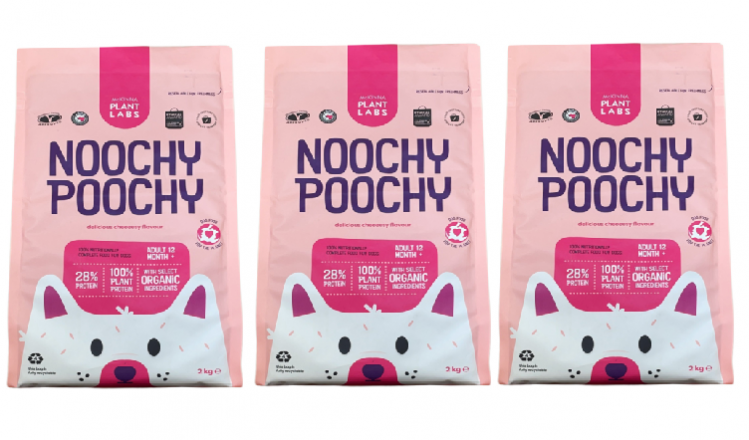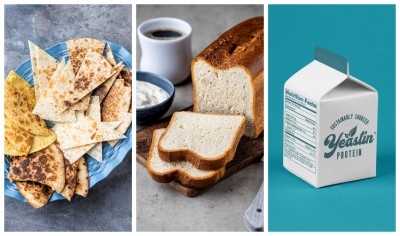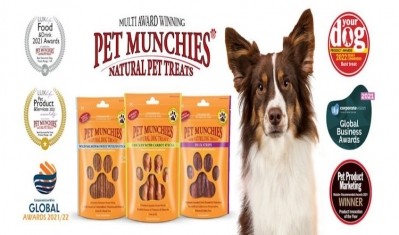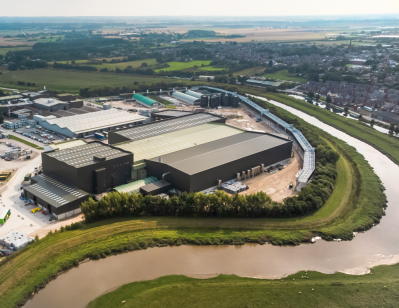Vegan pet food in focus: Noochy Poochy interview

Made with Nooch – short for nutritional yeast – that gives the product a cheese-like flavour, Noochy Poochy has been developed to provide the nutrition dogs need without sourcing it from animal protein.
“The main concern from my point of view was making it totally comprehensive, complete but not the minimum standards,” McKinna explained. “I’m not a nutritionist, I was coming from a vet and owner point of view of what I wanted to see on the ingredients list.
“I wanted a list I would be happy seeing on something I was buying for myself, also wanting organic ingredients.”
Criticism of vegan pet food
When asked how she dealt with criticism of vegan pet foods, McKinna said she understood where these points of view came from, but she debunked the notion that dogs need meat in their diets.
“Dogs evolved over the last 14,000 years with [humans], they followed our farming round and as such they would have got a lot of plant-based fats – they were probably more likely to get those than meat-based fats,” said McKinna.
“Over those last 14,000 years, their insides changed to be able to deal with and process grains and vegetables efficiently. Vets and nutritionists on the whole agree that it’s the nutrients, not then source [that matters]. The amino acid arginine is the same whether it came from a turkey or a soybean."
The product is co-produced by Fold Hill Foods, a dry pet food manufacturer in Lincolnshire. McKinna settled with the manufacturers after a previous partner pulled out due to Brexit troubles and a lack of trust in the success of the product.
Future plans
“I can’t see us needing our own factory in the very near future, but who knows?” she continued. “We do plan on being the biggest vegan pet food company ion the world in five years’ time, so that time will come but it’s still very early days.”
Noochy Poochy has also revealed a vegan puppy food and has launched a Kickstarter campaign to help crowdfund its launch.
“We’re looking to raise £15,000 to get us over the line on the production front,” McKinna added.
Meanwhile, global investment in alternative proteins jumped to $5bn (£3.73bn) in 2021, up 60% from the amount raised from private capital last year.
















